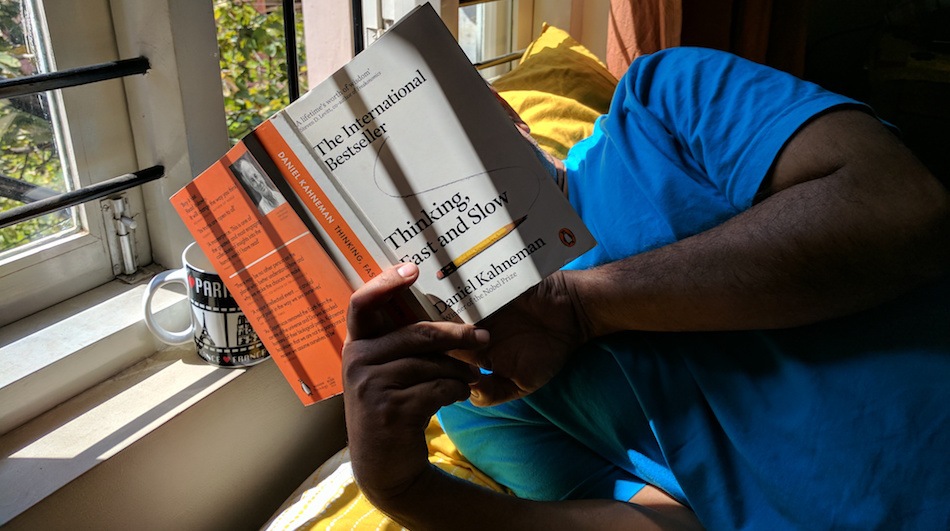
Photo credit: Tech in Asia.
Top leaders are voracious readers. From Apple’s Steve Jobs to Nike founder Phil Knight, Sequoia Capital’s Michael Moritz to junk bond king Michael Milken, they had a passion for building private libraries. “My wife calls me the Imelda Marcos of books,” says Michael Moritz.
They read everything from literary fiction and history to business strategy. Many turn to biographies for learning and inspiration. A 1975 biography of Soichiro Honda, for example, inspired India’s SaaS pioneer Sridhar Vembu. “Honda taught me you can go from fixing bicycles to becoming a leading maker of automobiles. It’s sheer, dogged persistence,” the Zoho founder told me in a recent interview. “That’s something I internalized 22 years ago. I’ve been playing it ever since.”
What clicked for Moritz and Vembu may work for many an entrepreneur. Here’s a collection of 13 biographies to inspire the entrepreneur in you, hand-picked by us and presented in reverse chronological order of publication date.
Hit Refresh, by Satya Nadella
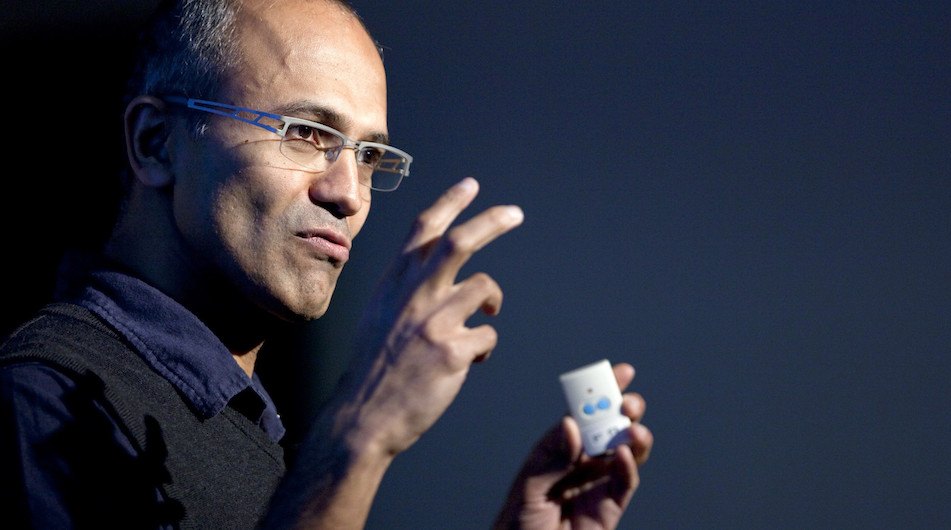
Satya Nadella, CEO of Microsoft. Photographer: David Paul Morris/Bloomberg. Photo credit: Johannes Marliem.
Let’s begin with the autobiography I’m most looking forward to next year. Satya Nadella played cricket in the school I went to in India – Hyderabad Public School. He went to the US for higher studies, joined Microsoft in 1992, and rose to be its CEO, joining an illustrious list of Indians helming top global companies.
It’s a fascinating journey, but the best may be yet to come. He’s leading the transformation of a tech giant that had gone into a decline in the internet era. His thoughts on Microsoft’s repositioning with new cloud and artificial intelligence technologies will show the road ahead. I’ve bookmarked this for pre-booking before its release in November 2017.
The Airbnb Story: How three guys disrupted an industry, made billions of dollars … and plenty of enemies, by Leigh Gallagher

Brian Chesky, CEO and co-founder of Airbnb
Airbnb has not only transformed travel accommodation worldwide, it has had a ripple effect on many other industries as others adopted the “Airbnb for X” business model. It all began with two broke art school grads roping in a coder friend to build the platform connecting home-owners with travellers.
The author Leigh Gallagher has been writing about Airbnb for Fortune. Here in the book, she offers a character study of its CEO and co-founder, Brian Chesky, on his rocky path to building a decacorn. You don’t disrupt the world’s hotel industry without making a few enemies along the way! Waiting for February to read this.
The Undoing Project: A Friendship that Changed the World, by Michael Lewis
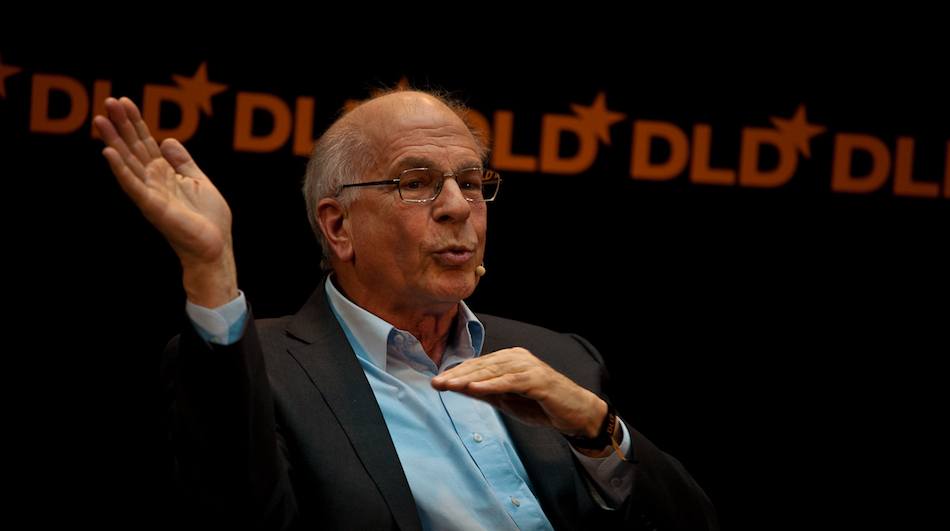
Nobel laureate psychologist Daniel Kahneman. Photo credit: nrkbeta.
Michael Lewis is one of my favorite authors, being an aficionado of the new genre of creative non-fiction. His domains are sports (Moneyball and The Blind Side), stocks (Liar’s Poker and The Big Short), and tech – The New, New Thing, which profiled Netscape founder Jim Clark.
His latest book delves into behavioral economics – a fast-evolving field as research tells us more about what makes the human brain tick. Any startup that wants to understand its users better will need to know more about it. And The Undoing Project profiles a pioneer of this field, Daniel Kahneman – a holocaust survivor who met another gifted psychologist, Amos Tversky, in post-war Israel and started peering into the human mind.
My colleague and Secret Santa, Abhilash Kayarat, has just gifted me Nobel laureate Daniel Kahneman’s seminal book Thinking, Fast and Slow. Michael Lewis’s biography of Kahneman will be a great accompaniment.
To Pixar and Beyond: My Unlikely Journey with Steve Jobs to Make Entertainment History, by Lawrence Levy

Photo credit: Niranjan
We know what Steve Jobs did after being booted out of Apple. He turned his attention to a graphics art company called Pixar that was on the verge of going bust. The man he roped in as CFO to turn it around was Silicon Valley lawyer Lawrence Levy. Pixar went on to make Hollywood’s biggest animation film hits and got acquired by Disney for US$7.4 billion.
Lawrence Levy’s inside account sheds new light on this chapter in Steve Jobs’s life. “I think people will love this story—one they didn’t even know existed,” writes Ed Catmull, president and co-founder of Pixar Animation, who is himself the best-selling author of Creativity Inc., reviewed in Tech in Asia by Kylee McIntyre.
I was an animation film skeptic until Kylee enticed me to watch Disney’s Moana recently in a Bangalore 3D theater. Now I’ll enjoy the inside story of how Pixar was built all the more. And for those who want even more – releasing this month is a biography of George Lucas, the creator of Star Wars and Lucasfilm which became Pixar.
Alibaba: The House That Jack Ma Built, by Duncan Clark
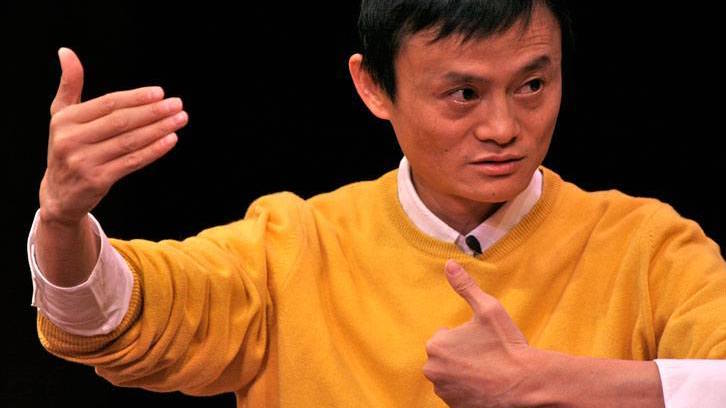
Jack Ma is the founder and chairman of Alibaba. Photo credit: Asia Society.
Most of the English-speaking world’s view of Chinese entrepreneurship comes from Western media’s often biased and secondhand accounts. Two portraits of Alibaba founder Jack Ma provide the other side of the picture. Last year, Porter Erisman, who was a VP at Alibaba from 2000 to 2008, chronicled the early years of the English teacher who built one of the world’s largest internet businesses – Alibaba’s World: How a remarkable Chinese company is changing the face of global business, reviewed on Tech in Asia by C. Custer.
This year, we have a biography from somebody who had equally close access to Jack Ma. Englishman Duncan Clark has lived and worked in China for over two decades as an investment advisor, first for Morgan Stanley and then his own firm, BDA. He first met Ma in 1999 in the small apartment where Alibaba was born. Since then, he has been an advisor to Alibaba and tracked its progress to a US$25 billion IPO in the US.
“Anybody who thinks the Chinese just copy or steal technology from the West should read this book and think again,” writes Sir Martin Sorrell, CEO of WPP, in a review of the book on Alibaba’s rival site, Amazon.
Shoe Dog: A Memoir by the Creator of Nike, by Phil Knight
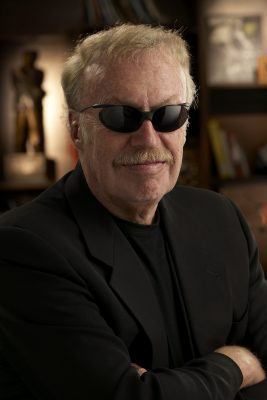
Phil Knight, chairman emeritus of Nike. Photo credit: Nike.
Phil Knight borrowed 50 bucks from his father to sell high-quality, low-cost shoes imported from Japan to the US. He travelled across the country with the shoes in the boot of his car, grossing US$8,000 in 1963. That was the start of Nike, whose annual sales today top US$30 billion.
The reclusive Knight, who is now the chairman emeritus of Nike, recounts his entrepreneurial journey – the risks and setbacks, the doubters and ruthless competitors, the vision and enduring relationships that saw him through: it’s all here.
“As a personal memoir, Shoe Dog reaches a depth of emotional honesty that even the best biographies haven’t touched,” writes Rich Karlgaard of Forbes.
The Third Wave, by Steve Case
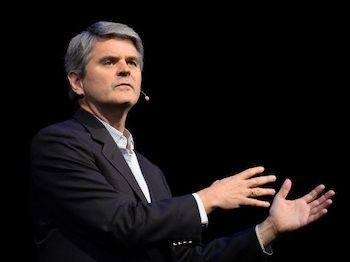
Internet pioneer Steve Case. Photo credit: Third Wave Book.
Steve Case is a pioneer of the internet age. He co-founded internet service provider AOL in 1985 and later merged it with Time Warner to preside over the biggest media and communication empire in the nineties.
The title of his book is taken from futurist Alvin Toffler’s Third Wave, published in 1980, which inspired Steve. In his version of The Third Wave, which is part memoir and part roadmap for the future, Steve describes three eras of the internet.
The first wave was AOL and others connecting consumers to the internet. The second wave saw the likes of Google and Facebook ride on the internet.
The third wave, he predicts, will see entrepreneurs transforming the “real world” of education, health, energy, transportation, and food.
“The Third Wave is an indispensable book for understanding the history of the Internet and preparing for what’s next,” writes Airbnb’s Brian Chesky.
Elon Musk: How the Billionaire CEO of SpaceX and Tesla is Shaping our Future, by Ashlee Vance
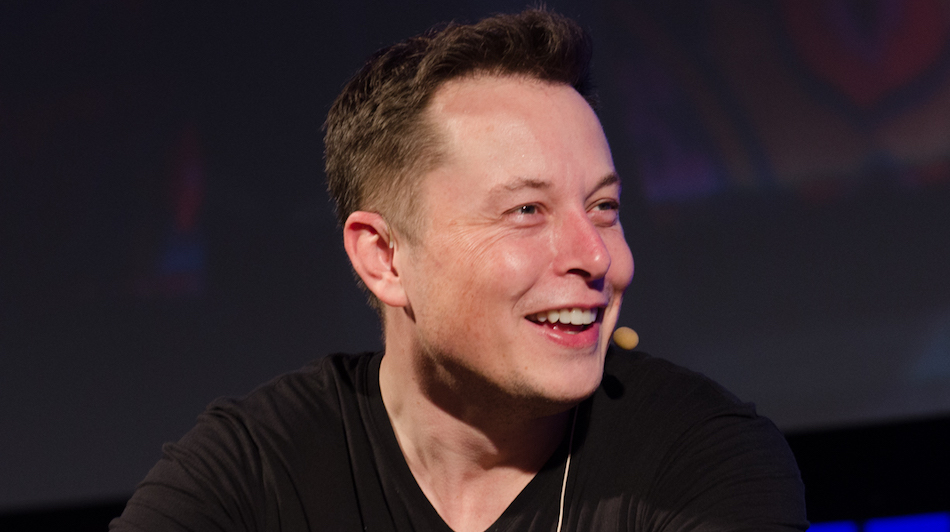
Photo credit: Dan Taylor/Heisenberg Media.
Tesla and SpaceX founder Elon Musk is considered the new Steve Jobs, inspiring entrepreneurs everywhere with his disruptive ideas and cool factor. His quotes serve as a guide just as Steve Jobs quotes used to do the rounds. My favorite is: “I think it’s important to reason from first principles than by analogy.” Instead of doing something because it’s like what other people are doing, it’s better to boil things down to fundamentals.
Bloomberg Businessweek writer Ashlee Vance brings journalistic detailing into his biography of Elon Musk. “By the final pages, any reader will sense the need to put comparisons to Steve Jobs aside. Give Musk credit. There is no one like him,” says a review in The New York Times.
How Google Works, Eric Schmidt
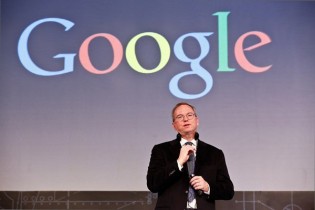
(Image: QQ Tech)
In 2014, Google’s executive chairman and former CEO Eric Schmidt published this book of insights gained while building up the company. One of the key takeaways is to hire “smart creatives.” These are multifaceted people adept at succeeding in a fast-changing tech landscape. “Never forget that hiring is the most important thing you do,” writes Schmidt.
A year later, Google’s head of people operations, Laszlo Bock, published Work Rules!: Insights from Inside Google That Will Transform How You Live and Lead.
“We spend more time working than doing anything else in life. It’s not right that the experience of work should be so demotivating and dehumanizing,” writes Laszlo, who advocates hiring smart people and taking away managers’ power over employees.
Taken together, Eric Schmidt’s memoir and Laszlo Bock’s manifesto will tell you how to create a company culture that mixes happiness with profitability.
The Hard Thing about Hard Things: Building a Business When There are No Easy Answers, by Ben Horowitz
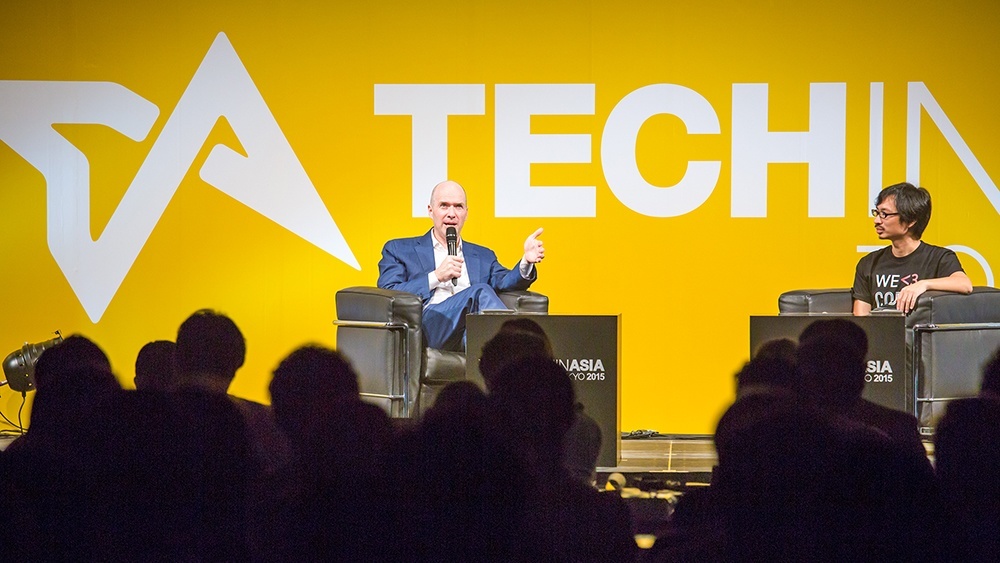
Ben Horowitz is part of iconic Silicon Valley VC Andreessen Horowitz. His book is a mixture of practical wisdom and personal narrative.
He shares his everyday experiences – including goof-ups – in building and managing companies, right from his days at Netscape with Marc Andreessen.
“Hard Things gives an insider’s perspective on what it’s like to lead and scale a startup,” says Business Insider.
The Everything Store: Jeff Bezos and the Age of Amazon, by Brad Stone
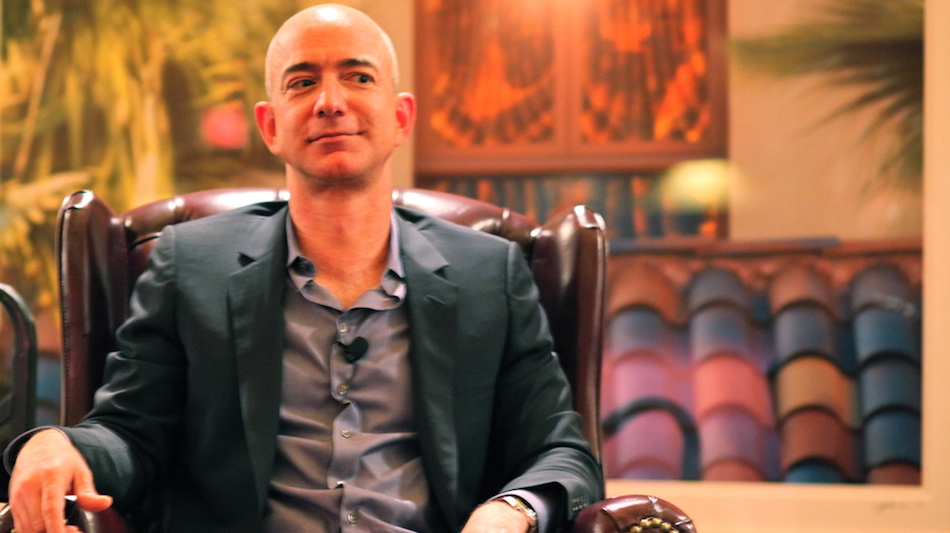
Jeff Bezos, CEO and founder of Amazon. Photo credit: Steve Jurvetson.
Jeff Bezos went from being a bookseller to transforming the retail industry. But that’s not all. Amazon took risky early bets in other areas too, such as cloud computing.
Its influence extends across the world, rising fast to dominate ecommerce in many countries beyond its home territory.
Veteran tech journalist Brad Stone captures the relentless drive and out-of-the-box thinking behind the rise of Amazon. This 2013 book is still a must-read.
Lean In: Women, Work, and the Will to Lead, by Sheryl Sandberg
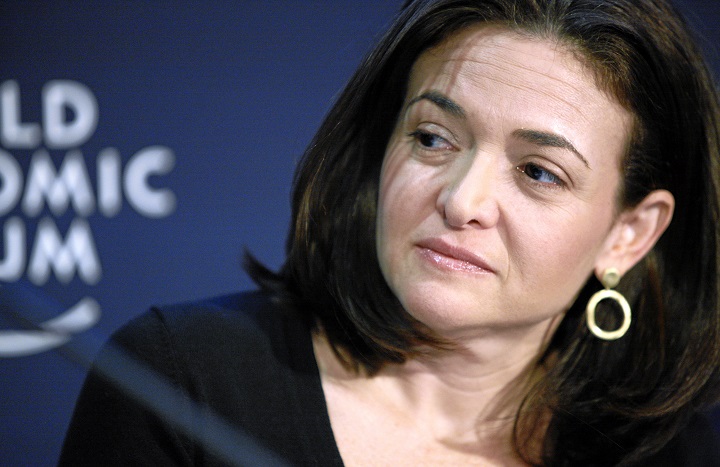
Sheryl Sandberg. Photo credit: World Economic Forum.
Tech in Asia held a women entrepreneurs’ meetup in Bangalore this month. The founders spoke about gender-related hurdles they face, but also the limitations they sometimes place upon themselves.
In Lean In, Facebook COO Sheryl Sandberg draws on her own experiences of rising to the top echelons of business to talk about the things women can do to help themselves.
“Many, many women, young and old, elite and otherwise, will find it prescriptive, refreshing, and perhaps even revolutionary,” writes Anna Holmes in The New Yorker.
Steve Jobs: The Exclusive Biography, by Walter Isaacson
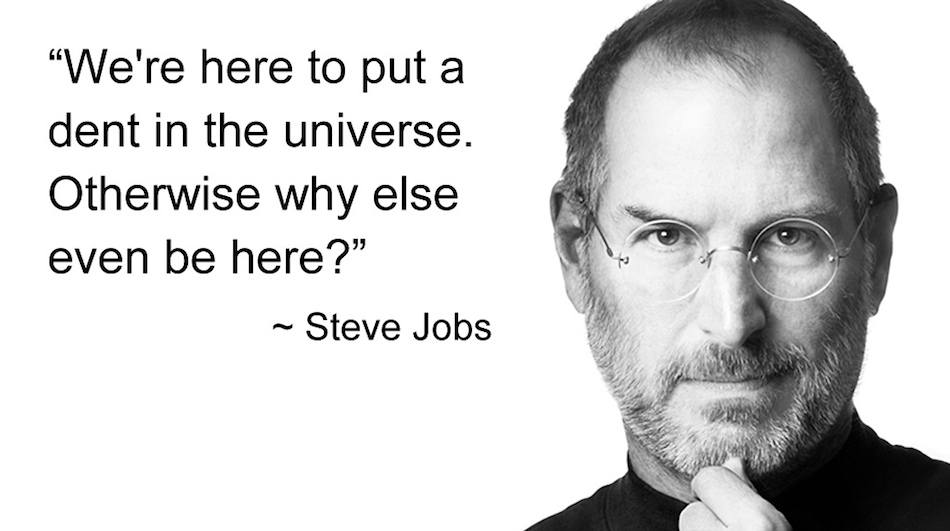
Photo credit: Celestine Chua.
And we round it off with a biography that was destined to be a timeless classic from the moment it left the presses.
Walter Isaacson, former chairman of CNN and managing editor of Time, had privileged access to Steve Jobs, who invited him to write his biography. He conducted 40 interviews with Steve in the two years before the Apple founder’s death. Walter also interviewed friends, relatives, and business associates to piece together a candid portrait of the tech icon, including his idiosyncrasies.
“I never felt he was intentionally misleading me, but I did try to check every story,” Walter says in an Amazon interview. “He urged me not just to hear his version, but to interview as many people as possible. It was one of his many odd contradictions: He could distort reality, yet he was also brutally honest most of the time.”
The book appeared a few months after Steve Jobs’s death.
See: 24 great books on startups and entrepreneurs
Book lists are personal. So I’m sure you have a few favorites which aren’t listed here. Do share those with us in the comments below. As the old saying goes, “Tell me what you read, and I’ll tell you who you are!”
If you have a take on any of the books listed above, please share that with us too. Let’s make this a hangout for entrepreneur book lovers.
This post 13 biographies every entrepreneur must read in 2017 appeared first on Tech in Asia.
from Tech in Asia https://www.techinasia.com/13-biographies-entrepreneur-read-2017
via IFTTT
No comments:
Post a Comment